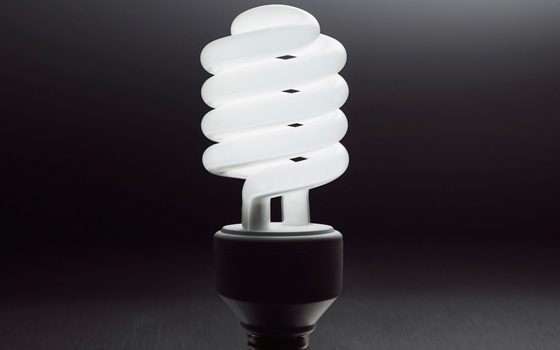- MENU
- HOME
- SEARCH
- WORLD
- MAIN
- AFRICA
- ASIA
- BALKANS
- EUROPE
- LATIN AMERICA
- MIDDLE EAST
- United Kingdom
- United States
- Argentina
- Australia
- Austria
- Benelux
- Brazil
- Canada
- China
- France
- Germany
- Greece
- Hungary
- India
- Indonesia
- Ireland
- Israel
- Italy
- Japan
- Korea
- Mexico
- New Zealand
- Pakistan
- Philippines
- Poland
- Russia
- South Africa
- Spain
- Taiwan
- Turkey
- USA
- BUSINESS
- WEALTH
- STOCKS
- TECH
- HEALTH
- LIFESTYLE
- ENTERTAINMENT
- SPORTS
- RSS
- iHaveNet.com: Small Business & Entrepreneur
By Craig Mellow

AJ Auto Repair of Salem, OR burns used fuel oil for heat, saving up to $10,000 a year. Picture Graphics of Minneapolis saves $20,000 annually in dumpster pick-ups thanks to its fanatical attitude toward recycling the cardboard, aluminum and plastic materials used in its billboards and displays.
Small business can go green without large capital investments or high-tech gadgetry, and it can pay off on three fronts at once: shrinking costs by less wasteful use of materials and energy, reducing your business’ impact on Mother Nature, and strengthening your reputation with customers who are increasingly shopping with green concerns in mind (and often don’t mind paying a premium for it). A survey by the Environmental Protection Agency found that nearly three-quarters of all consumers consider an environmental record important in choosing where to spend their dollars.
The best way to make your business energy-effecient is to look carefully at what resources you use every day. For almost any small business, that starts with paper. Despite decades of rhetoric about the paperless office, paper still accounts for one-third of all waste dumped into U.S. landfills, according to the EPA. That can easily be shrunk by painless common-sense measures. A tips Website from tech giant HP recommends printing documents on both sides of the page for instance. Taking away personal printers in favor of one group printer also reduces the temptation to hard copy every document.
Then there is recycling. According to Xerox, half of all office paper is thrown away after a single use. For retail-oriented small businesses taking a lot of deliveries in cardboard boxes, the EPA suggests reusable wooden crates instead. This may take some arranging with suppliers, but will pay back handsomely in reduced disposal costs.
Electricity and water are two more resources almost every small business could use more efficiently. Shut things off when you are not using them, for a start. A survey by green group Earthshare found half of all U.S. office workers leave their computers on when they leave at night, wasting a collective $2.8 billion a year in power. Luckily, you don’t have to hector employees to hit the Shut Down icon: various reasonably priced software options can manage the office network while they are peacefully asleep. Alternatively the last person out in the evening can simply unplug all the computers and printers, saving “vampire voltage.”
To save water, look to your bathroom. A single dripping faucet can waste 3,000 gallons a year -- as much water as the average individual uses in a month. For restaurants and other businesses with highly trafficked restrooms, a dual-flush toilet is a great investment. The grounds surrounding your place of business are another opportunity to go greener, EarthShare points out. The classic manicured lawn is a water hog, and demands superfluous carbon emissions from constant mowing and leaf removal. It’s more planet-friendly to plant native shrubs and trees that can look after themselves with a bit of weeding and rainwater.
A more proactive way to green your business is buying renewable energy credits (RECs) through the EPA’s Green Power Partnership. The government recognizes that few small business owners can invest in their own solar panels or wind turbines. So an REC is an agreement with your local utility that it will generate your power from renewable sources. The price for RECs has come down by a factor of five since 2008, according to the Department of Energy, and the premium over conventional power can be as low as 2% depending on the region. In return for this outlay, your business gets a compliance certificate from the EPA demonstrating your commitment to carbon reduction.
Once your business has established its green credentials, social media offers broad possibilities for letting customers know about it. Both government and private organizations offer a plethora of certifications to bolster your own PR. The EPA pins labels like WaterSense, BurnWise, or Design for the Environment on products and processes that fit its qualification. Outside of Uncle Sam, you can get approval from organizations such as Ecologo, Green Seal, Greenguard and more.
What can a little label do for your small business? Well, one pointer is organic food sales in the U.S., which have nearly tripled over the past decade to $30 billion a year, according to the Department of Agriculture. Even a fraction of that surge in green products could repay your investments handsomely.
Article: Copyright ©. All rights reserved.
The Case for Small Business Green Workspaces